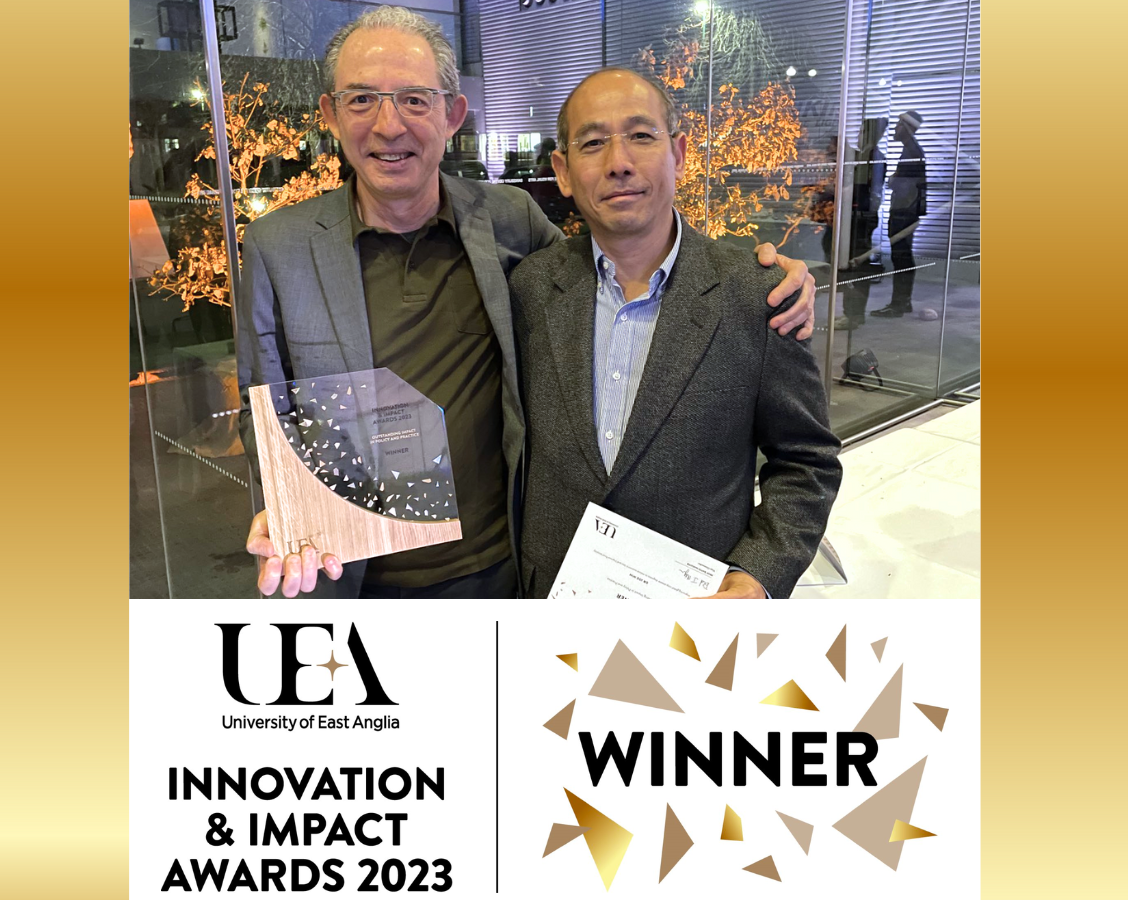New crop genomics research leader joins TSL and TGAC
In a joint appointment with The Sainsbury Laboratory, Ksenia Krasileva joins The Genome Analysis Centre’s (TGAC) Science Faculty to lead the Institute’s new Triticeae Genomics Group.
As Triticeae Genomics Group Leader, Dr Krasileva will be responsible for the generation, integration, investigation and release of improved genomic data for wheat and other Triticeae species. The third most-produced cereal worldwide, bread wheat has one of the most complex genomes. With over a 100,000 genes, compared to the human genome containing about 20,000, the sheer size of the wheat genome, as well as the relationship between the genes and tissues determine its vast complexity. TGAC, TSL and other research Institutes on the Norwich Research Park are working in collaboration with the UK and International cereals genomics community, to advance sustainable agriculture and improve global food security.

“I believe that we can make high impact by deciphering information encoded in the wheat genome, said Dr Ksenia Krasileva, Triticeae Genomics Group Leader at TGAC. “Novel technologies provide the means to understand the highly complex and repetitive nature of wheat DNA. By combining genomics with molecular biology, we can expand our knowledge of plant-pathogen interactions and enable new solutions to increase of yield.”
Engaging with international partners and collaborators, Dr Krasileva and her team will aim to deploy the software for whole-genome assembly and analyses, incorporating a variety of datasets and generation of novel data. The genome sequence data will be prepared for public release in collaboration with other research groups at TGAC and European Bioinformatics Institute (EBI).
Prof. Cyril Zipfel, Senior Group Leader and Head of TSL, added: “I am thrilled by Ksenia’s appointment. Her combined expertise on wheat genomics and plant pathology will enable us to tackle important biological questions to improve yield in this important crop; something that is necessary to guarantee food security. This appointment will also further reinforce collaborative research across the Norwich Research Park, and will cement Norwich’s reputation as an international powerhouse in wheat research.”
“We are delighted to welcome Ksenia to the Norwich Research Park. Ksenia brings with her experience in wheat genomics, in particular her expertise in wheat pathogens and host disease resistance. Ksenia’s scientific contributions have had a direct impact in areas that are relevant to the improvement of wheat breeding, said Dr Mario Caccamo, Director of TGAC. “She has also worked alongside colleagues at TGAC in the development of novel strategies for the analysis of wheat diversity data, an area that remains challenging in crops that are characterised by the complex nature of their genomes. I am looking forward to continue working with Ksenia and to strengthening the collaboration across the NRP.”
Ksenia joins TGAC and TSL from University of California, Davis (US) where she led the development of advanced genomics tools for wheat under the mentorship of Prof. Jorge Dubcovsky. At Davis, Ksenia received a prestigious post-doctoral AFRI-NIFA fellowship from the United States Department of Agriculture. The large-scale re-sequencing project of wheat mutant lines continued a collaborative effort with TGAC and John Innes Centre to adapt bioinformatic analyses to identify mutations in wheat. Following up on her post-doctoral work, Dr Krasileva aims to identify mutations associated with increased resistance to wheat stripe rust, a disease that could be devastating to wheat production.
Her interest in bioinformatics began at University of California, Berkeley, under the guidance of Prof. Brian Staskawicz and Prof. Kimmen Sjolander where she expanded her bioinformatics skill-set, from evolution and protein family analyses to next generation sequencing technologies, further fuelling her computational biology research. Ksenia continues to apply computational and molecular methods to her research areas in wheat genomics and plant innate immunity.


